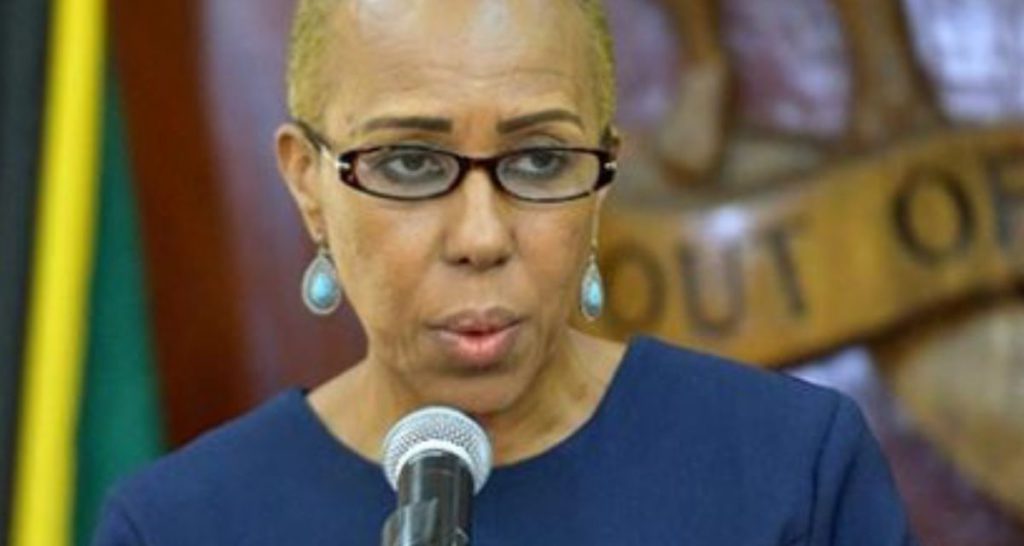The new school term starts today but uncertainty still looms. How different will this be from the previous two terms which saw a rapid switch to virtual schooling, synchronous and asynchronous? The triad of the Ministries of Health and Wellness; Education, Youth and Information and Finance seem to have selected what they think is the best plan, but they must now work in sync with school administrators, parents, examining bodies, tech providers and other key stakeholders to make the balancing act applaudable.
The Minister of Education Youth and Information, the Hon. Fayval Williams, in an address to the nation on the eve of the reopening of schools, has called on all Jamaicans to give support to and motivate students as they try to navigate the new methods of schooling. The Minister announced that 129 schools will be opened for face-to-face classes following assessment and recommendations from The Ministry of Health and Wellness. Three boarding schools are on the list. School administrators had been informed prior to this announcement.
“Education is still compulsory,” the Minister said. Therefore, all students should be actively engaged in schooling between 9 am and 3 pm from Monday to Friday. Students should access school using any of the four established modalities, Google Suite Learning Management System, Audio Visual Learning, Learning kits or face-to-face. She went on further to say that the focus for this term is getting students ready for exit exams, CSEC, CAPE, City and Guilds, NCTVET, and PEP.
On February 23, 2021, grade 6 students will set the 1st of two sittings of PEP, the ability test. This test will consist of 40 multiple choice items. The results will be used to assess students’ readiness for the performance tasks and curriculum-based assessments associated with the National Standards Curriculum which will be done in May.
Several intervention initiatives will be implemented to support students as they prepare for the various components of this crucial exam. All students will have access to Edufocal and One and One Educational service student support systems. Extra classes consisting of no more than 5 students per group will be held in schools, community centres, church halls, libraries etc. across the island twice weekly. January 18 will also see a roll out of the mobile education services; learning kit challenges will also be launched.
Understandably, there are concerns about the reopening of schools. The safety of students and teachers is a major concern and justifiably so especially with the spike in the number of cases since the festive season. President of the Jamaica Teachers’ Association, Mr Jasford Gabriel up to last week continued to reiterate the call for the safety of students and teachers to be a priority. Cognizant of the several moving parts that are integral to the safe reopening of schools, Gabriel has asked for attention to be paid to transportation of students and for health care workers to be assigned to schools.
Teachers have received training in adapting lessons to online formats, schools have been given technological boosts and some students have received devices to enable them to access lessons. However, even with these additions the system could not work optimally last term because of connectivity issues; it is hoped that for the new term these issues will be minimal. Admittedly, and sadly many students have been left behind but if the efforts of stakeholders in the last 2 terms are anything to go by and the announced initiatives work, the number of students falling through the cracks will be less. Data have been collected and will be utilized to reach these students.
Meanwhile tertiary institutions have been working assiduously to convert courses and programmes to online and mixed modalities of delivery. For some, residential privileges were suspended and for others it was decreased significantly with strict monitoring. For most teacher training colleges, the practicum exercises that would have been in the first part of the school year will be done in this the second term. Pre- service teachers were exposed to more intensive online teaching methodologies in anticipation of what now looks like the new normal, online schooling. Assessment methods have been adjusted and exams that would be normally done in the first term have been carried over to the first part of the new term.
While there are still lingering concerns, the new school term should be more smoothly navigated than the previous 2 terms.




